Golden retrievers: The gorgeous dogs that bring friendship, loyalty and love
Some call the golden retriever the ‘dumb blonde’ of the dog world, but those who know them know differently. Here's what you need to know about this wonderful breed.
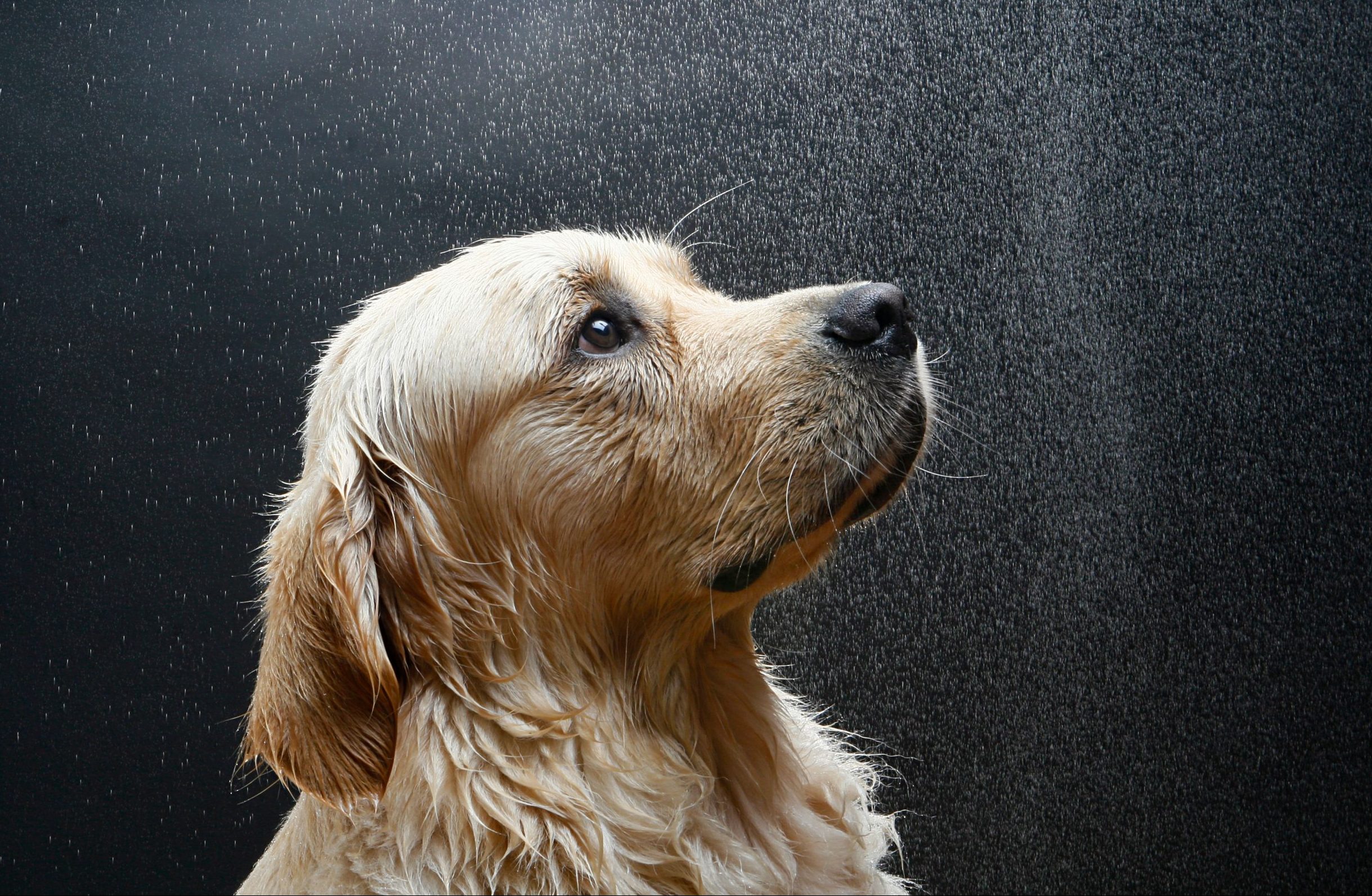
If you're looking to choose a dog that fits in with your family, the golden retriever will quite likely be upon your list — particularly for those keen on the idea of a labrador but perhaps thinking a little differently. They were originally bred in Scotland as gun dogs, but thanks to their intelligence, obedience, and natural willingness to please, they make wonderful family pets — as well as excellent assistance or therapy dogs
As the name suggests, their coats are usually a golden hue, but there's a huge amount of variation within this: they can range from deepest gold to the palest cream, and every shade in between.
For the generations of children who grew up watching Blue Peter on the BBC, golden retrievers are instantly familiar and reassuring: the programme had a long line of them as the resident show pet, starting with the imaginatively-named Goldie in 1978.
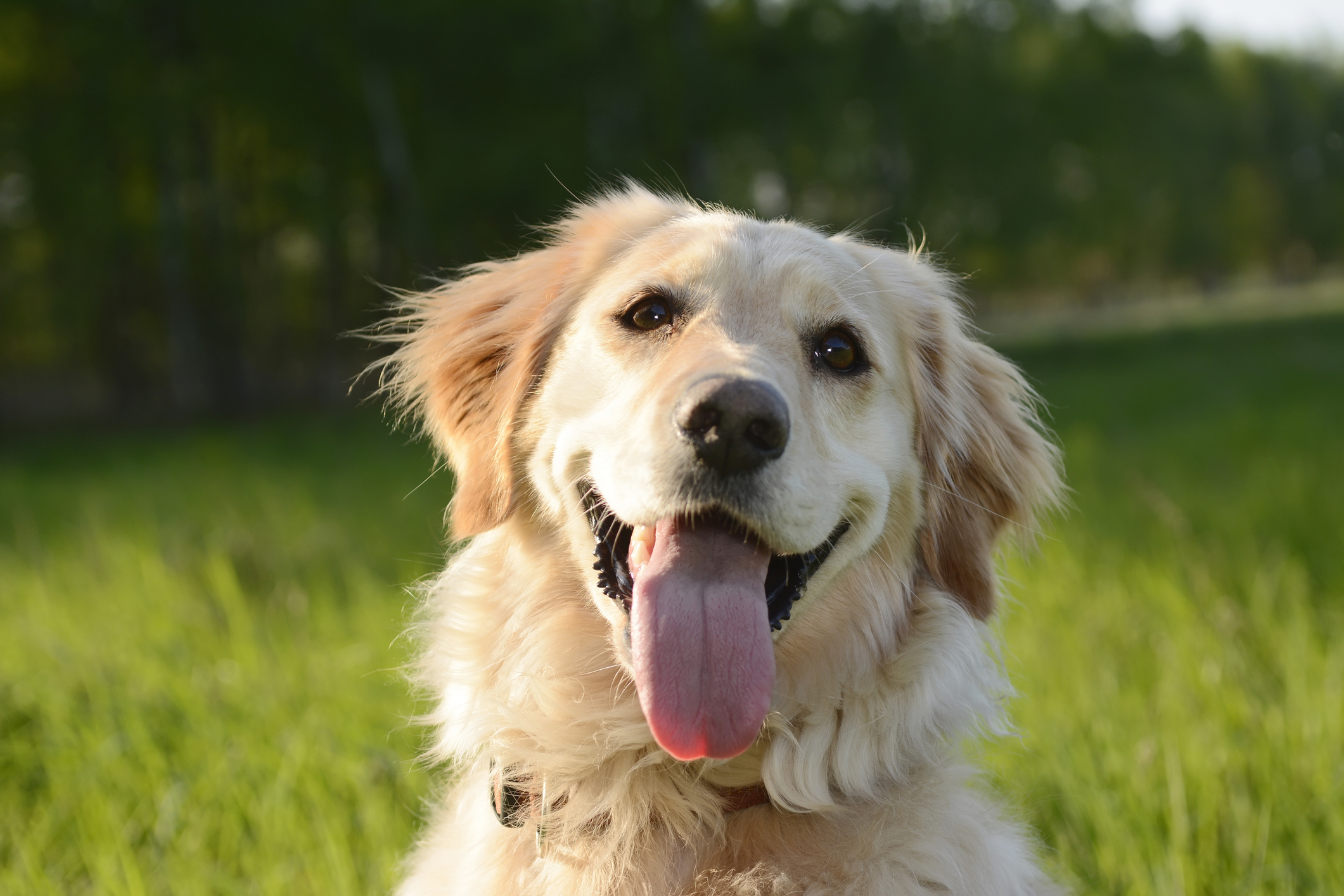
Blue Peter were leading rather than following, however, since the golden retriever has beeing in the top 10 most popular breeds, — according to annual puppy registrations recorded by The Kennel Club — since the late 1960s.
'It’s easy to see why,' says Bill Lambert, Head of Health and Welfare at The Kennel Club. 'They are friendly, confident dogs that are devoted to their owners.'
There are some caveats, though. 'Whilst their affectionate nature and steady temperament make the Golden Retriever a good choice for a variety of owners, they are large dogs — they can grow up to 61cm in height — that need more than two hours’ exercise a day,' adds Bill. That means they are best suited to owners with access to a garden and who enjoy an active lifestyle.'
You'll also need a good hoover, and preferably not be susceptible to pet hair allergies: their medium-length, shiny coat requires grooming several times a week, and they also shed fur throughout the year.
Sign up for the Country Life Newsletter
Exquisite houses, the beauty of Nature, and how to get the most from your life, straight to your inbox.
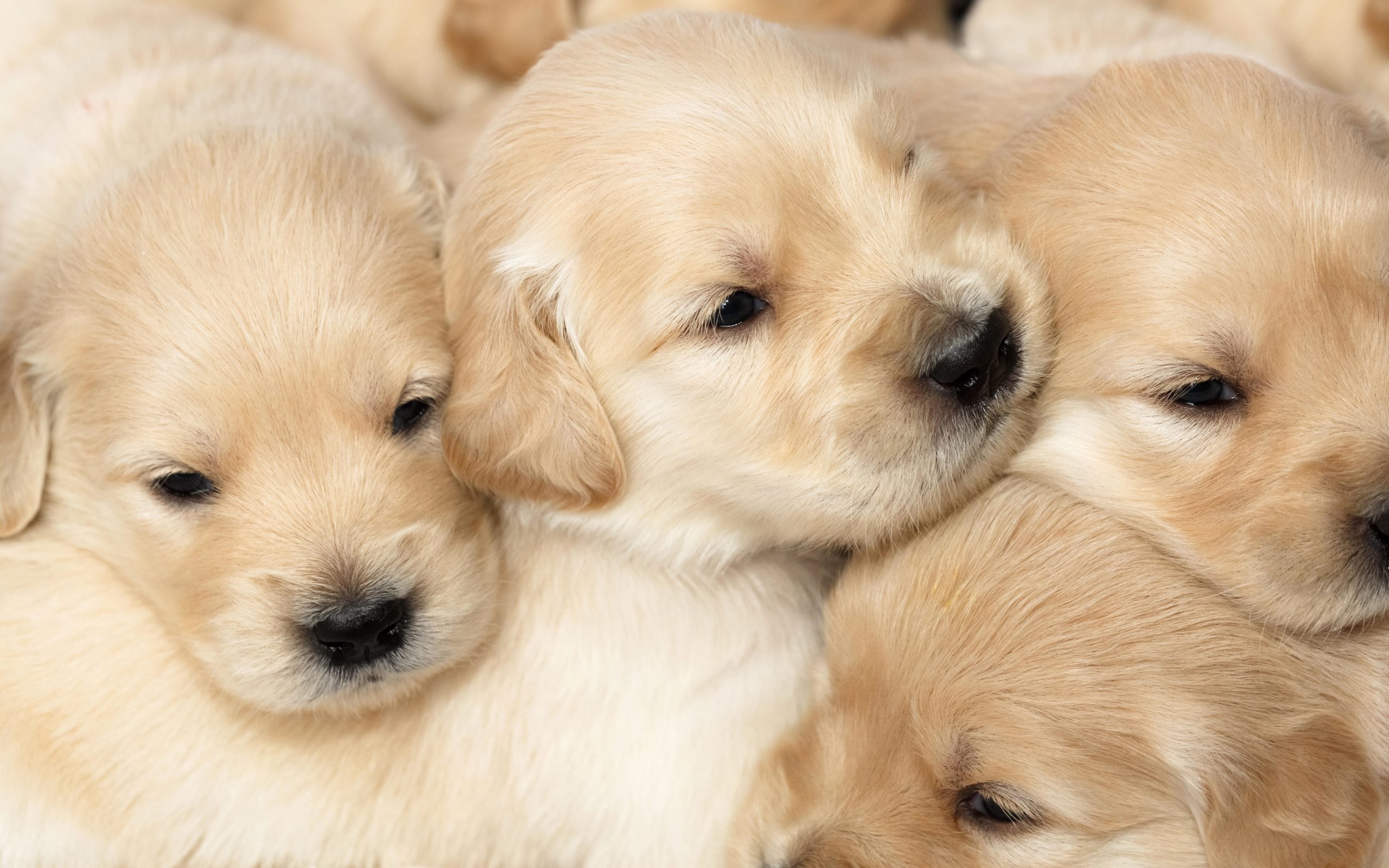
The first Golden Retrievers
As befits such a glamorous breed, with its flowing, butter-coloured coat and plume-like tail, the golden retriever was once believed to have originated from a troupe of Russian circus dogs.
In the late 1800s, when they were known as yellow retrievers, a Scottish nobleman, Sir Dudley Coutts Marjoribanks — later Baron Tweedmouth — was apparently so impressed by the intelligence, good looks and docility of the eight Caucasian sheepdogs, ranging in hue from cream to light biscuit, he saw performing in a travelling show in Brighton that he bought them all.
On returning to his Inverness-shire estate of Guisachan, he mated one with his Tweed water spaniel, Belle, who duly produced a litter of four yellow puppies named Cowslip, Crocus, Primrose and Ada.
However, the 6th Earl of Ilchester’s article Origin of the Yellow Retriever (Country Life, 1952) dismissed this tale. From studying Lord Tweedmouth’s studbook and notes, Lord Ilchester deduced that the Baron had bought the puppies’ sire, Nous, a yellow, wavy-coated retriever, from a cobbler in Brighton, who had acquired the dog as a puppy from Lord Chichester. ‘The belief a Russian dog originated the strain is not borne out by dates,’ he wrote.
Yet Lord Ilchester was resolute that one part of the story was correct, that ‘Nous was yellow, and he was the first’. And his lordship should know, as Lord Tweedmouth gave the puppy Ada to his father, the 5th Earl of Ilchester.

'They have a wonderful, gentle personality'
‘Golden retrievers are very much a part of my life,’ said Charlotte Townshend, great-granddaughter of the 5th Earl of Ilchester and chatelaine of the family seat at Melbury House, Dorset, when she spoke to Country Life for an article back in 2014. ‘They’re very amenable, loving, family and sporting dogs.’
Ada is buried in the grounds and the 11 golden retrievers that pick up on the estate’s shoot at Abbotsbury reflect the family’s long standing link with the breed. ‘They’re very biddable there must be something in their genes that enables us to train them so well,’ added Mrs Townshend.
In the same piece Country Life also spoke to Lord ‘Jimmy’ Zouche, who spent a lifetime with golden retrievers.
‘If they’re trained properly, goldens are extremely obedient and not wilful like spaniels,' he said. ‘I’ve only ever worked golden retrievers... You get used to a dog like you get used to a make of car.’
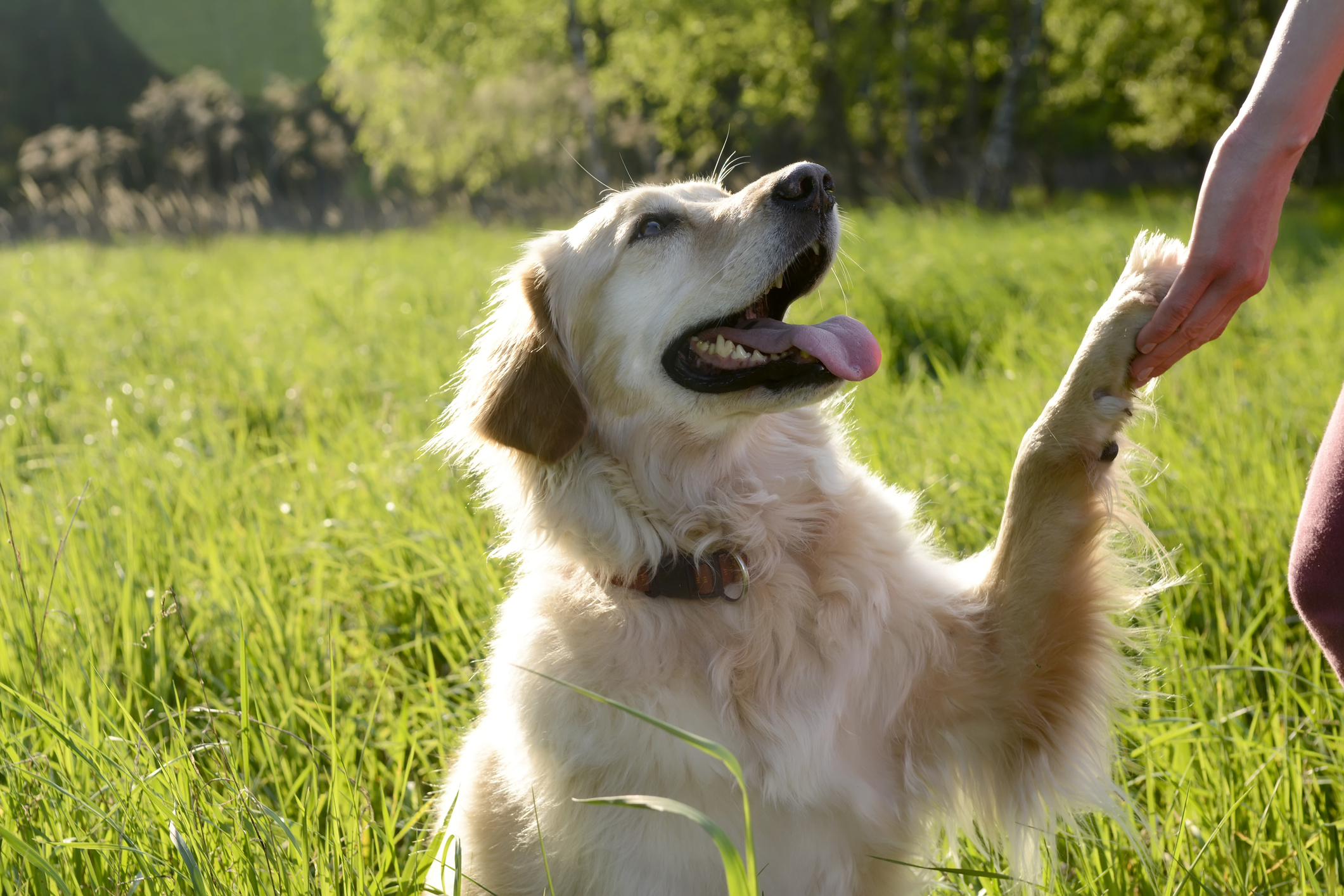
For him, their most appealing trait is their placid, affectionate nature. ‘They have a wonderful, gentle personality. Spaniels are probably the most faithful dogs, but goldies come a good second. If I had to sum them up in three words, I’d say friendship, loyalty and love.’
Another enthusiast, Robert Atkinson, praised their ability to fit into family life as well. ‘They’re so easy to have about and when you have small children, it’s important that they’re 100% trustworthy,' he said. The Atkinsons’ kitchen has various places where the dogs can sleep under the work surfaces, but they do like attention.
‘Cider [one of his dogs] follows me about all the day and gets very upset if, after tea, I haven’t given him something to retrieve,’ he says. ‘Golden retrievers love to please and their main attraction is that they become so devoted and attentive.’
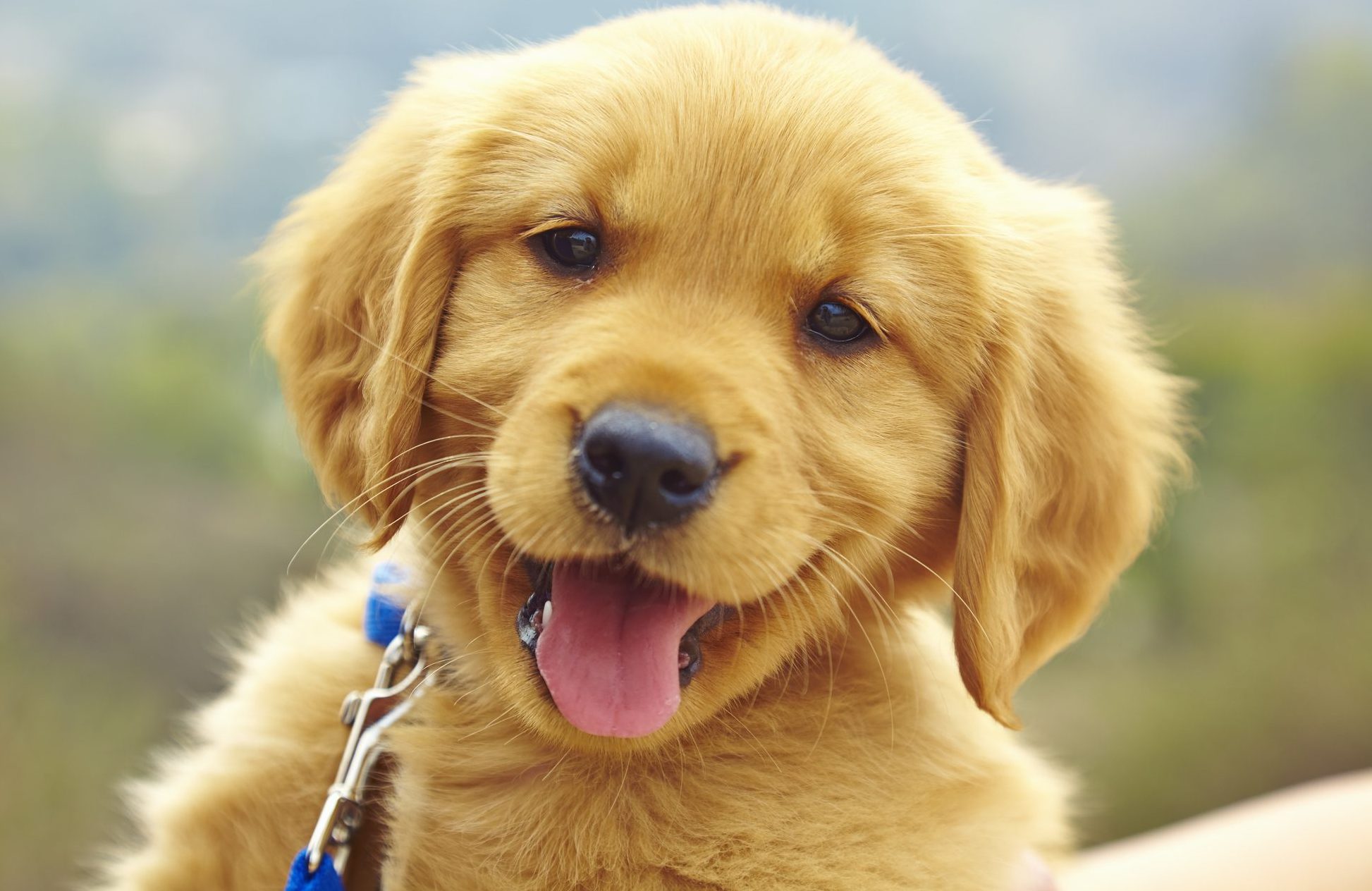
How to choose the perfect dog to fit your lifestyle, family and home
Those who grew up with dogs probably already know which breed they want to own, and have done for years.
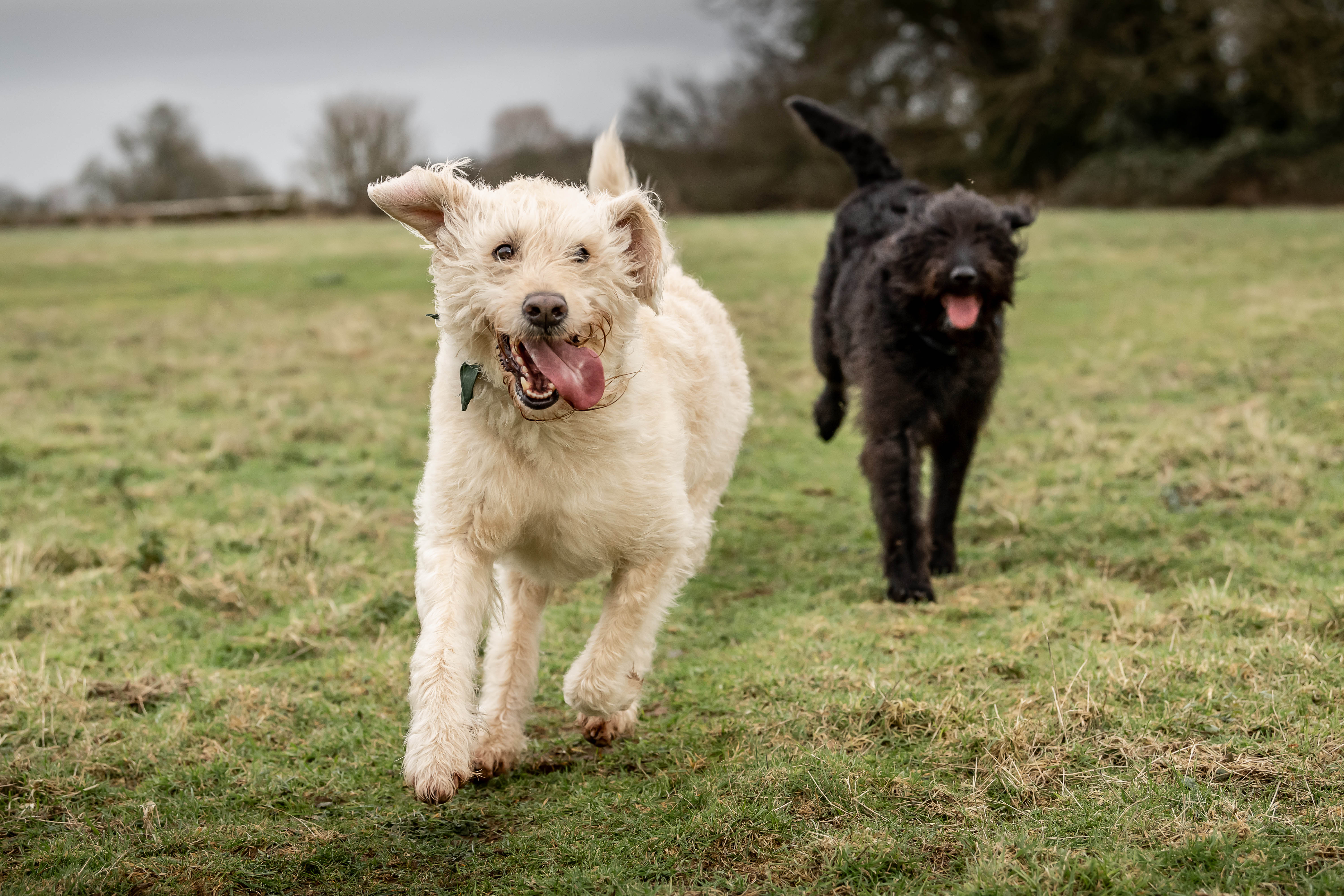
Labradoodles: The ultimate companion, from allergy-compatible guide dog to beloved family pet
In the past 30 years, this well-mannered crossbreed has stolen our hearts, yet the man responsible has likened it to
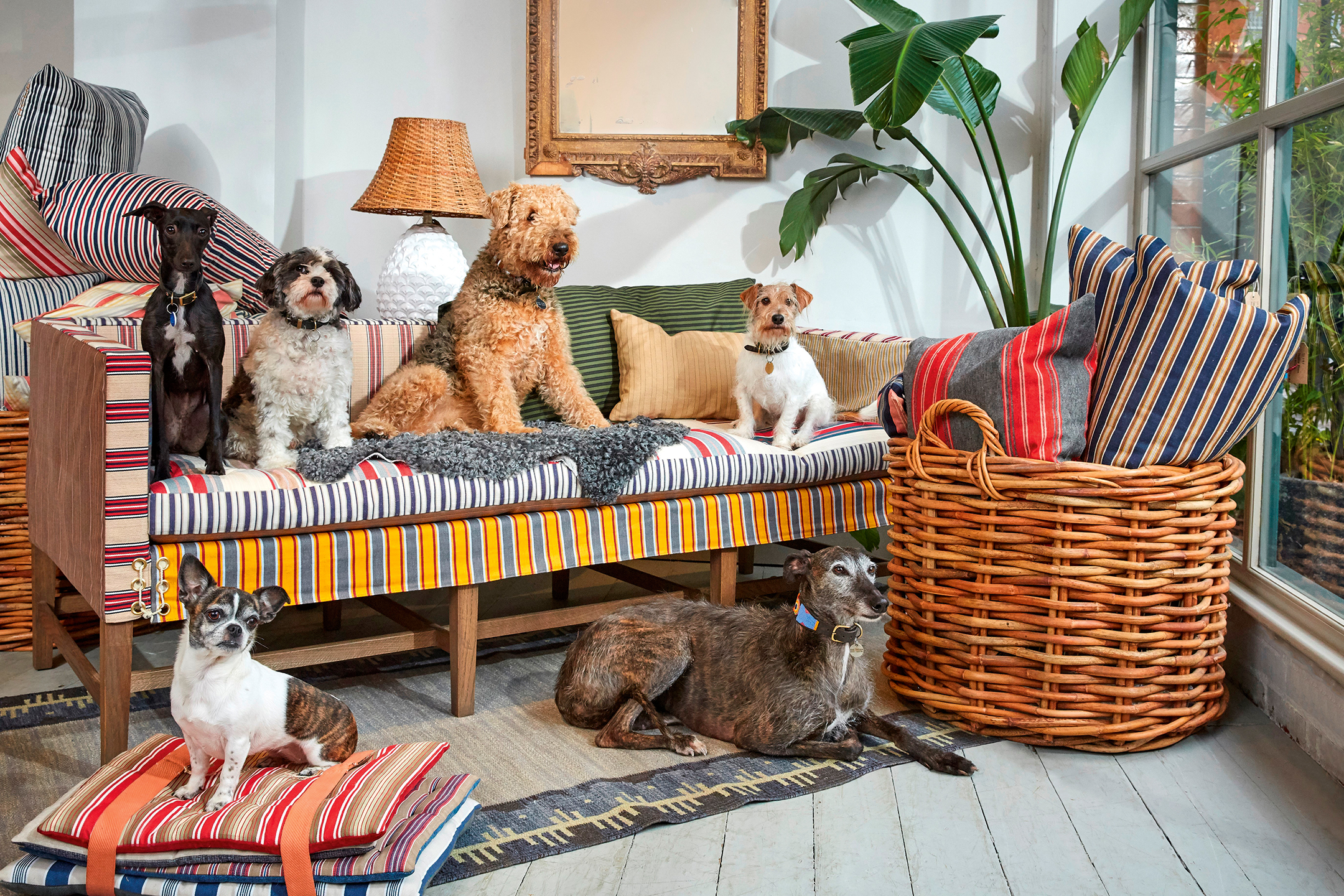
Credit: Christopher Howe
The £11,000 dog sofa, the £640 water bowl and other extraordinary things for pampered pets
Nothing is too good for our furry friends, as this pick of utterly marvellous — if slightly unhinged — shopping options demonstrates
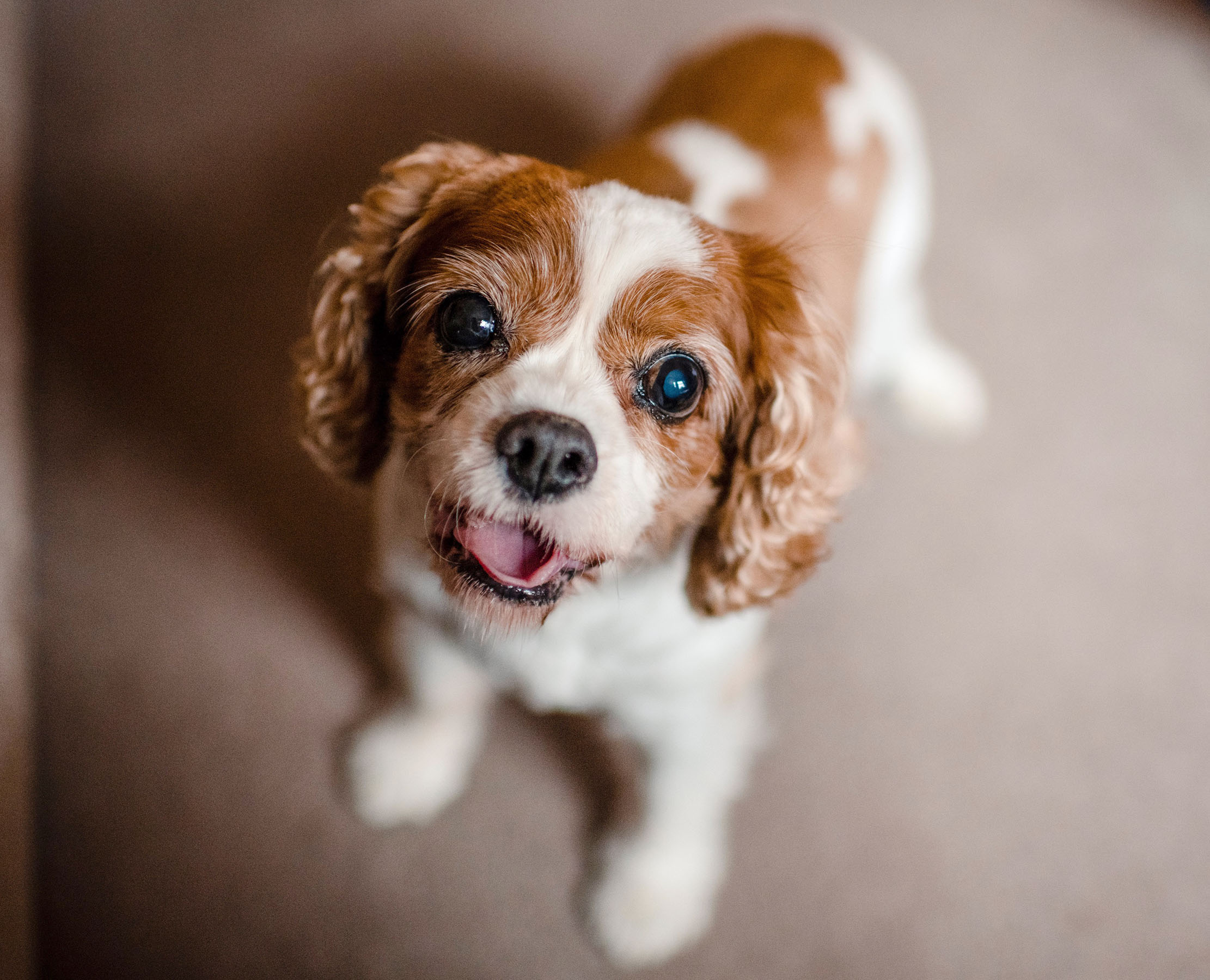
Credit: Getty Images/EyeEm
Curious Questions: Why can’t we resist puppy dog eyes?
It's no accident that your heart melts when dogs gaze into your eyes — it's simply a fact of thousands of
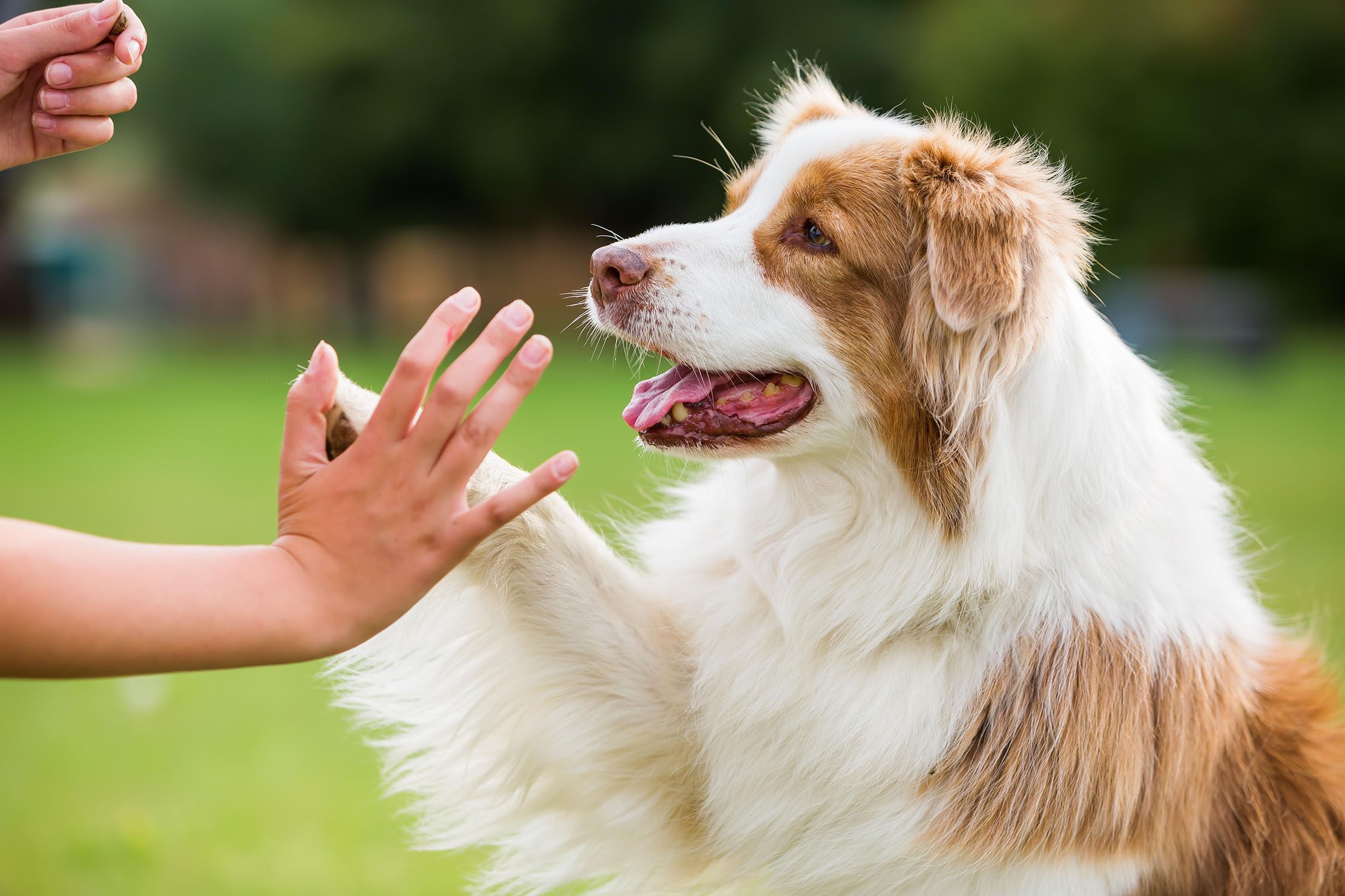
How to teach an old dog new tricks? Engage their brains as well as their bodies
Long walks might be good for tiring your dog out, but, as Katy Birchall discovers, brain games are equally as
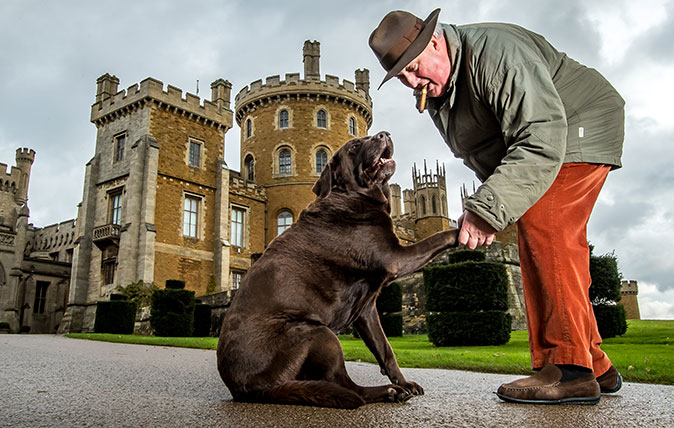
Dukes and their dogs: Why Britain's aristocracy are just as mad about their canine friends as the rest of us
Stylish canines have long been a duke's or duchess's best friend, as Matthew Denison found out.
Toby Keel is Country Life's Digital Director, and has been running the website and social media channels since 2016. A former sports journalist, he writes about property, cars, lifestyle, travel, nature.
-
 Seven of the UK’s best Arts and Crafts buildings — and you can stay in all of them
Seven of the UK’s best Arts and Crafts buildings — and you can stay in all of themThe Arts and Crafts movement was an international design trend with roots in the UK — and lots of buildings built and decorated in the style have since been turned into hotels.
By Ben West
-
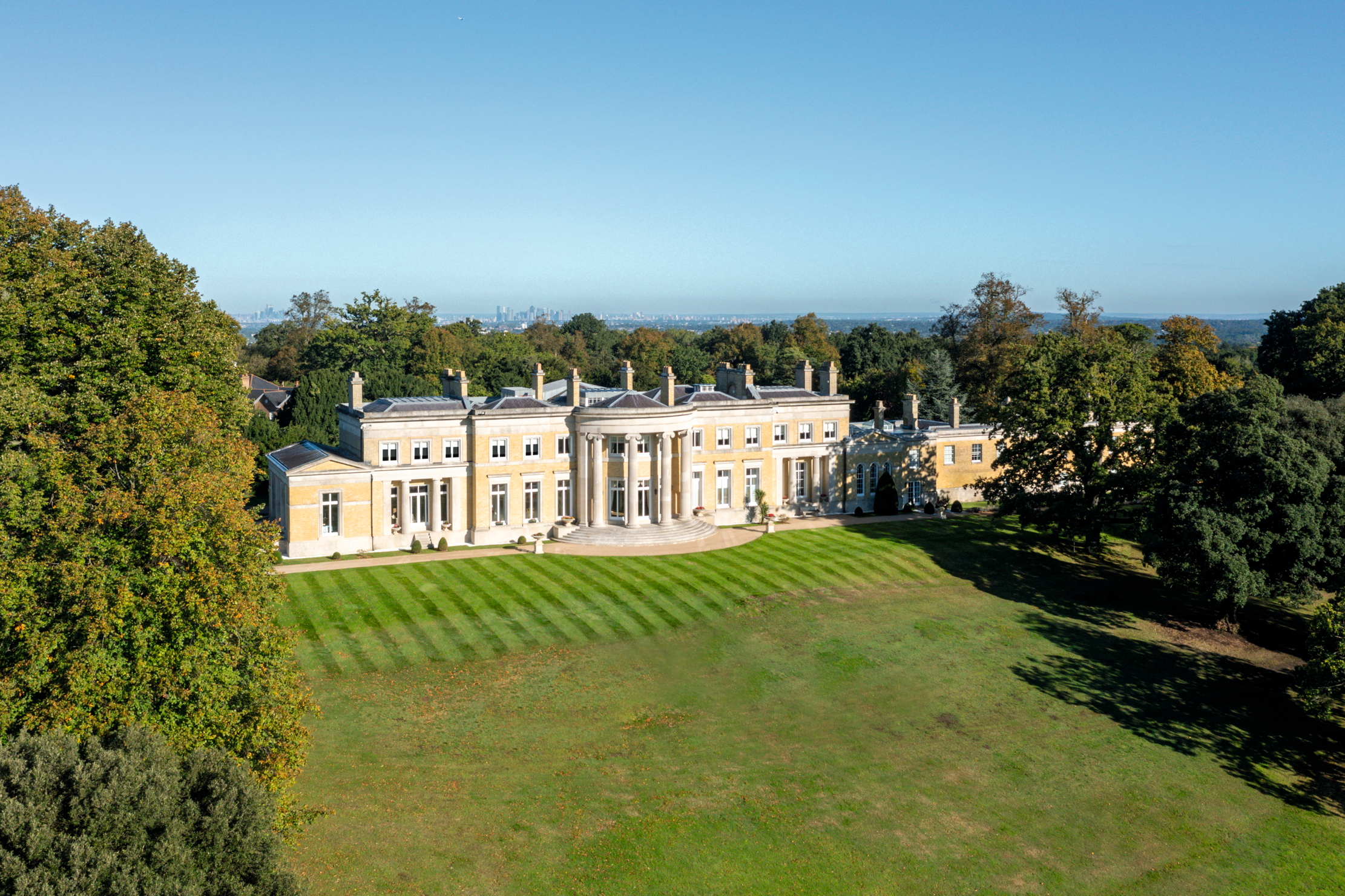 A Grecian masterpiece that might be one of the nation's finest homes comes up for sale in Kent
A Grecian masterpiece that might be one of the nation's finest homes comes up for sale in KentGrade I-listed Holwood House sits in 40 acres of private parkland just 15 miles from central London. It is spectacular.
By Penny Churchill
